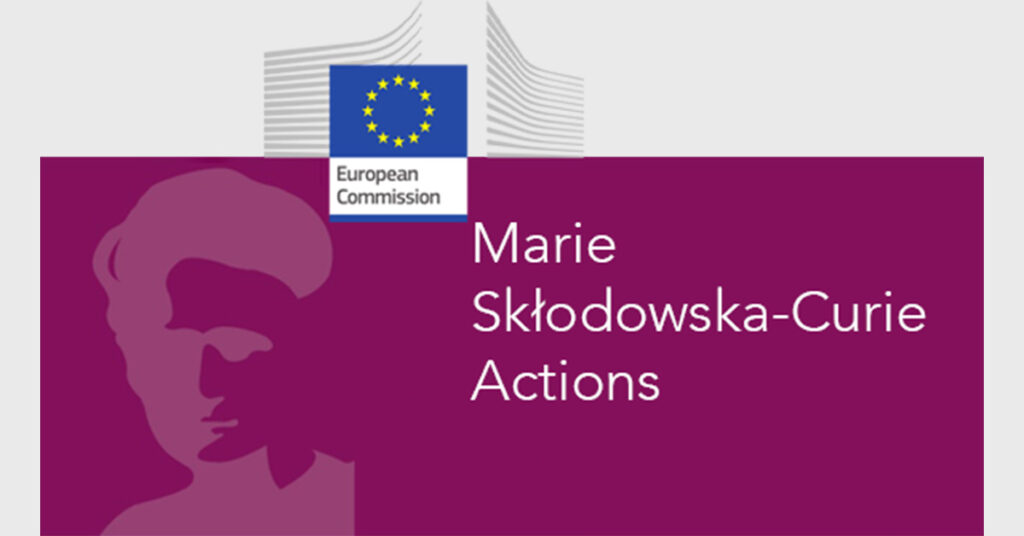- Forschungsspektrum
- Translationale Forschung
- Transversale Translationale Medizin (TTM)
- Operationszentrum für Translationale Medizin (TMOH)
- Büro für Klinisches Projektmanagement (CPMO)
- Zentrum für Klinische und Epidemiologische Untersuchungen (CIEC)
- Luxemburger Zentrum für Klinische und Translationale Forschung (LCTR)
- Integrierte Biobank von Luxemburg (IBBL)
- Disease Modeling & Screening Platform (DMSP)
- Luxgen Genom Zentrum
- Plattform für Forschungspathologie (RPP)
- Forschungsprojekte und klinische Studien
- Unterstützen Sie uns
- Translationale Forschung
News
Supporting translational medicine through capacity building: EATRIS-Plus kicks off
Bitte beachten Sie, dass dieser Artikel derzeit nur auf Englisch verfügbar ist. Eine Übersetzung ins Deutsche wird in Kürze verfügbar sein.
27 Februar 2020
4minuten
IBBL joins the consortium of EATRIS-Plus, a new Horizon 2020 project aiming to facilitate access to the academic capacities, expertise, technologies and services needed to support the translation of biomedical discoveries into novel therapies and medical interventions. This highly collaborative and cross-sectoral study will build on the existing EATRIS research infrastructure to expand the range of scientific tools and services offered to the research community, improve its international outreach and long-term sustainability and reinforce industry collaborations, ultimately advancing personalised medicine.

Personalised medicine relies on the use of tests that monitor specific biomarkers, which provide invaluable insights into a patient’s health status. Indeed, biomarkers can help evaluate the likelihood that a patient will develop a disease, diagnose a disorder, assess its severity and probable progression, as well as determine the most accurate treatment strategies and monitor response to treatment. However, before biomarkers can be effectively applied in a clinical context, they need to be validated and their robustness confirmed during pre-clinical studies. Moreover, the lack of understanding of the relationship between different types of biomarkers and the lack of reliable control reference values for these biomarkers in healthy individuals constitute further barriers to the implementation of personalised medicine. To assist scientists in the challenging phase of translating research results into tangible medical applications, the European Infrastructure for Translational Medicine (EATRIS) was set up in 2014. As a research infrastructure, EATRIS provides access to laboratory, clinical, industrial, legal and regulatory expertise, technology and services to academia, industry and patient associations, in order to help researchers decrease the risk associated to the early stages of drug or biomarker development.
Building on the success of the EATRIS initiative, the newly-funded EATRIS-Plus project, which kicked off in mid-February, aims to further expand the infrastructure’s service offering, resources and capacity so as to keep addressing research needs in personalised and translational medicine. Specifically, over its 4-year duration, EATRIS-Plus seeks to consolidate EATRIS capacities to better serve academia and industry; further strengthen the long-term sustainability of the EATRIS financial model; drive patient empowerment through active involvement in the infrastructure’s operations; and expand strategic partnerships with RIs and other relevant stakeholders. These objectives will be achieved through nine work packages, the first three of which being entirely dedicated to the development of a range of support tools and resources. These will include a “toolbox” containing all elements (such as guidelines, reference materials, data analytics tools, etc.) needed to carry out research to identify diagnostic and predictive biomarkers based on “multi-omic” approaches, integrating transcriptomics, genomics and proteomics technologies. This “multi-omic toolbox” will be developed and tested on an already established cohort of 1,000 healthy individuals in Czechia. An operational framework to support long-term academy-industry cooperation will also be devised.
IBBL will be involved in all activities foreseen under the project, and particularly in work package 3, where it will be leading a specific task focused on the implementation of an inter-laboratory performance assessment for biospecimen processing, owing to its renowned expertise in the development of proficiency testing (PT) schemes. This task aims to ensure that samples are fit for the purpose of downstream “omics” analyses and will allow the comparison of processing performance between laboratories.
“EATRIS-Plus is the second Horizon 2020 project to have kicked off this year for IBBL. This shows our commitment to reinforcing the international visibility and reputation of the biobank, of the Luxembourg Institute of Health (LIH) and of the Luxembourgish biomedical research community as a whole as a centre of excellence in translational and transversal medicine”, says Dr Fay Betsou, Chief Scientific Officer at IBBL.
EATRIS Plus, which kicked off on February 13th in Lisbon (Portugal), boasts a highly interdisciplinary consortium of 19 partners from academia, industry and patient organisations from 16 European countries. The project is funded through the Horizon 2020 call “Development and long-term sustainability of new pan-European research infrastructures” (H2020-INFRADEV-2018-2020), under the topic “Individual support to ESFRI and other world-class research infrastructures” (INFRADEV-03-2018-2019).








